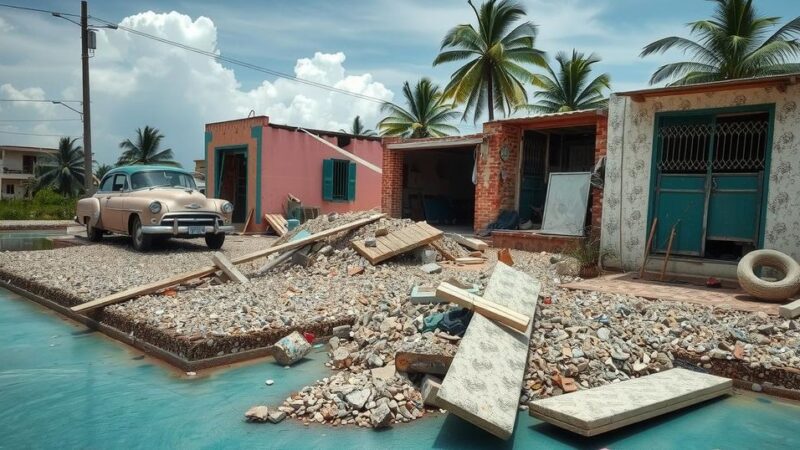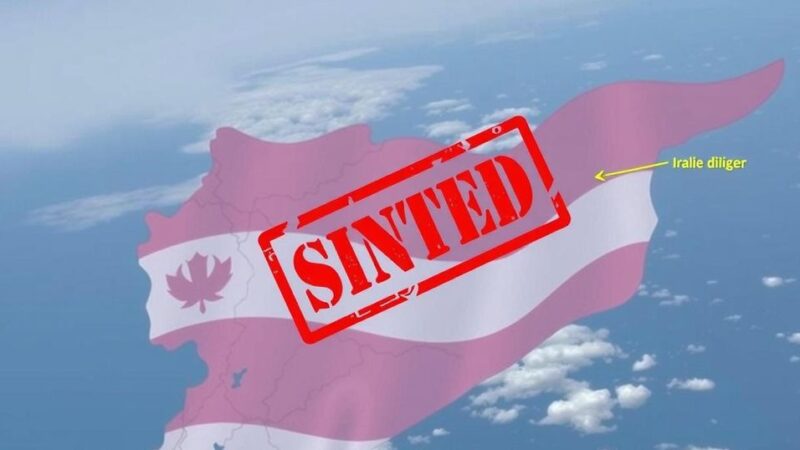Tropical Cyclone Chido, impacting the Southwest Indian Ocean, struck in December 2023, resulting in at least 142 fatalities, 3,300 injuries, and severe damage across Madagascar, Comoros, Mozambique, and Malawi. More than 622,000 people have been affected severely, necessitating a robust humanitarian response and highlighting the need for better cyclone preparedness.
Tropical Cyclone Chido, the first major cyclone of the season in the Southwest Indian Ocean, wreaked havoc primarily between 11 and 22 December 2023, reaching Category 4 status with winds up to 220 km/h. Significant loss of life was reported, with at least 142 fatalities and more than 3,300 injuries across affected regions such as Mozambique, Mayotte, and Malawi. The cyclone inflicted extreme damage in Madagascar, Comoros, and Mozambique, ultimately displacing thousands and severely impacting infrastructure and agriculture.
Madagascar was the first country to experience the cyclone’s fury, with over 135,000 people affected, prompting evacuations and flood warnings. The Comoros declared a week of mourning, with 64,167 residents impacted, and Mayotte saw approximately 230,000 individuals severely affected, totaling the destruction of around 35,000 homes. Mozambique reported approximately 622,000 people affected, particularly in Cabo Delgado province, where more than 130,000 shelters suffered significant damage. Further, Malawi reported about 45,000 stranded individuals requiring humanitarian aid.
The humanitarian response is extensive, involving the Red Cross and local authorities conducting rescue operations and providing necessary support for those displaced. The overarching theme of this disaster emphasizes the importance of preparedness and resilience against increasingly intense tropical storms, as organizations mobilize to deliver resources and aid on the ground.
The Southwest Indian Ocean region has been facing increasingly severe weather patterns, exemplified by Tropical Cyclone Chido. Forecasted as an early and above-average cyclone season, the emergence of this cyclone has brought attention to the potential risks to vulnerable areas like the Mascarene Islands and Mozambique. Cyclone Chido not only resulted in loss of life but also caused extensive infrastructure damage, highlighting the growing need for disaster preparedness and efficient humanitarian responses to safeguard affected communities.
In summary, Tropical Cyclone Chido has had a devastating impact across multiple countries in the Southwest Indian Ocean, resulting in significant casualties, injuries, and widespread infrastructural damage. The disaster has emphasized the crucial role of preparedness, responsiveness, and resilience among humanitarian organizations and governments. The ongoing support and aid will be vital in assisting those affected and reinforcing community resilience as the cyclone season continues.
Original Source: reliefweb.int







